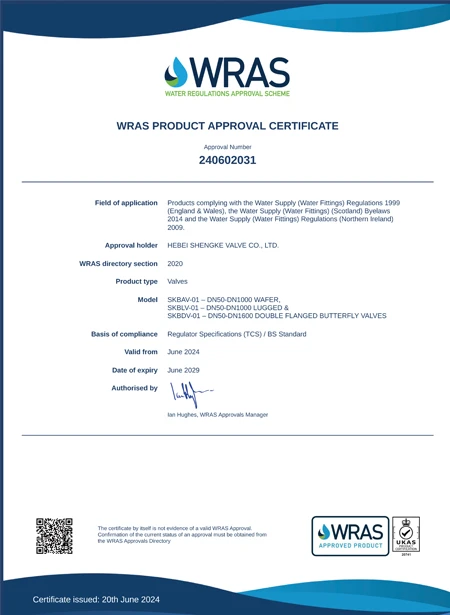Oct . 17, 2024 10:48 Back to list
slurry knife gate valve
Understanding Slurry Knife Gate Valves An Essential Component in Heavy-Duty Applications
In industrial settings, the efficient handling of slurries—mixtures of liquids and solids—is crucial. Whether in mining, wastewater treatment, or chemical processing, controlling this kind of material presents unique challenges, making the choice of valves paramount. Among the options available, slurry knife gate valves stand out as an effective solution. This article delves into their design, functionality, and applications, providing insights into why they are preferred in certain situations.
What is a Slurry Knife Gate Valve?
A slurry knife gate valve is a type of valve specifically designed for the isolation and control of slurries. The fundamental structure of a knife gate valve consists of a flat, sharp-edged gate that cuts through the material, allowing for a tight seal when closed. This design minimizes the potential for blockage and ensures efficient operation in slurry applications. The gate is typically made from durable materials like stainless steel, which can withstand abrasion and corrosion.
Design Features
1. Cutting Edge Design The knife-like edge of the valve gate is specifically engineered to slice through slurries, reducing wear and tear on the valve and helping to avoid clogs. This design is particularly beneficial in scenarios where traditional valves might fail due to solid particles.
2. Sealing Capability The valve's sealing mechanism is crucial for preventing leaks when it is closed. Most slurry knife gate valves feature a flexible material such as rubber or a polymer that compresses against the gate, ensuring a tight fit that prevents leakage of slurries.
3. Durability Given the harsh conditions in which they often operate, slurry knife gate valves are built for longevity. They often incorporate features such as heavy-duty castings and wear-resistant coatings to enhance their durability and performance over time.
Applications
Slurry knife gate valves are widely utilized in a variety of sectors, including
- Mining In the mining industry, these valves are employed to control the flow of slurries created during mineral processing and tailings management. Their ability to handle abrasive materials and high solids content makes them ideal for this harsh environment.
slurry knife gate valve

- Wastewater Treatment Within wastewater facilities, the management of sludge and other viscous materials is essential. Slurry knife gate valves facilitate the efficient transport of these materials, ensuring smooth operation in treatment processes.
- Pulp and Paper The pulp and paper industry involves the transportation of wood pulp slurries, which can be abrasive and corrosive. Knife gate valves provide the necessary durability and reliability for managing these challenging materials.
- Chemical Processing Chemicals often exist as slurries during various stages of processing. Knife gate valves are used to isolate sections of piping or storage tanks, allowing for safe maintenance and management of hazardous materials.
Advantages of Slurry Knife Gate Valves
1. Minimal Flow Resistance The design of slurry knife gate valves minimizes flow resistance, ensuring that there’s less pressure drop across the valve, which is critical for maintaining system efficiency.
2. Ease of Operation Many modern knife gate valves come with automated actuation options (such as pneumatic or electric actuators), facilitating quick and easy operation, even in large-scale systems.
3. Cost-Effectiveness Although the initial investment may be higher than some traditional valve types, the durability and longevity of a well-designed slurry knife gate valve often result in lower maintenance and replacement costs.
4. Versatile Connection Options These valves can be customized with a variety of flanged, welded, or threaded connection styles, making them adaptable to numerous system configurations.
Conclusion
In summary, slurry knife gate valves play a vital role in the management of slurries across various industries. Their unique design, focusing on cutting through tough materials with minimal blockage, along with their durability and versatility, makes them an essential component in systems dealing with abrasive and viscous materials. As industries continue to evolve and the demand for effective slurry management grows, the importance of reliable equipment like knife gate valves will remain critical for operational success.
Share
-
Reliable Wafer Type Butterfly Valves for Every IndustryNewsJul.25,2025
-
Reliable Flow Control Begins with the Right Ball Check ValveNewsJul.25,2025
-
Precision Flow Control Starts with Quality ValvesNewsJul.25,2025
-
Industrial Flow Control ReliabilityNewsJul.25,2025
-
Engineered for Efficiency Gate Valves That Power Industrial PerformanceNewsJul.25,2025
-
Empowering Infrastructure Through Quality ManufacturingNewsJul.25,2025